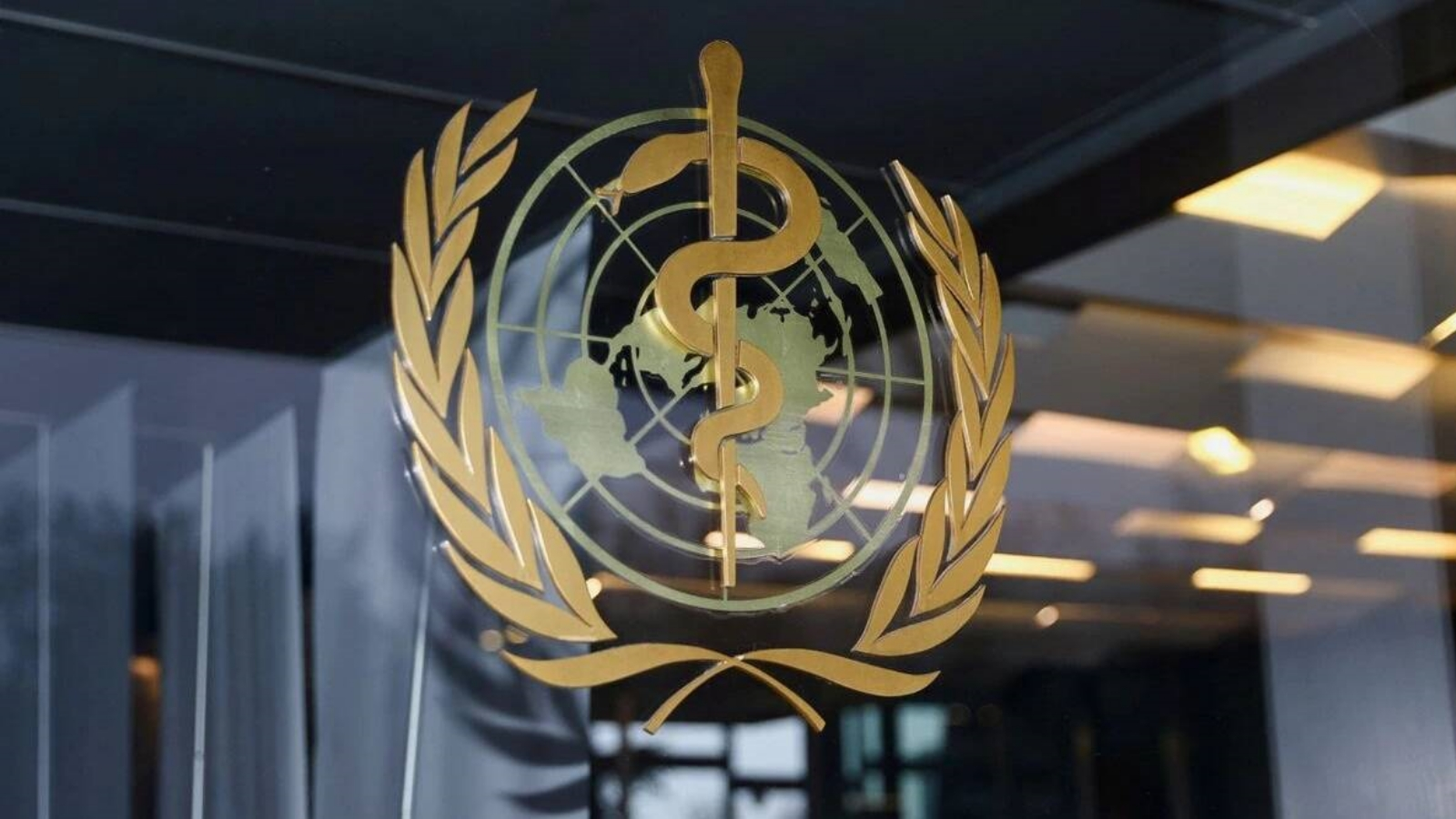
New Delhi: On the International Day of Persons with Disabilities, Saima Wazed, Regional Director for WHO South-East Asia, underscored the urgent need for disability inclusion in healthcare. With over 1.3 billion people globally living with disabilities, and 16% of the South-East Asia Region’s population experiencing significant disabilities.She stressed that these individuals face systemic barriers, including being three times more likely to be denied healthcare and facing higher financial hardships due to medical expenses.
Wazed emphasized the need for the healthcare sector to ensure the involvement of persons with disabilities in healthcare planning and decision-making. She advocated for integrating disability perspectives into technical guidance, program development, research, and communication strategies. She also referenced the UN Disability Inclusion Strategy and WHO’s reasonable accommodation policy, which provide frameworks for engaging persons with disabilities in broader discussions beyond just disability issues.
The WHO South-East Asia Region has initiated programs like SEARO CARE, focused on wellness for staff and their families with disabilities, and the Regional ROADMAP, which prioritizes equity and inclusion. She also highlighted the importance of mental health and psychosocial support for persons with disabilities, particularly during emergencies.
Wazed called on nations to adopt these frameworks and practices to reduce health inequities, drawing attention to Nepal’s efforts in this area. The three core principles of the Global Report on Health Equity for Persons with Disabilities—health equity at the core of actions, meaningful participation, and tracking outcomes—were identified as critical in advancing this agenda.







